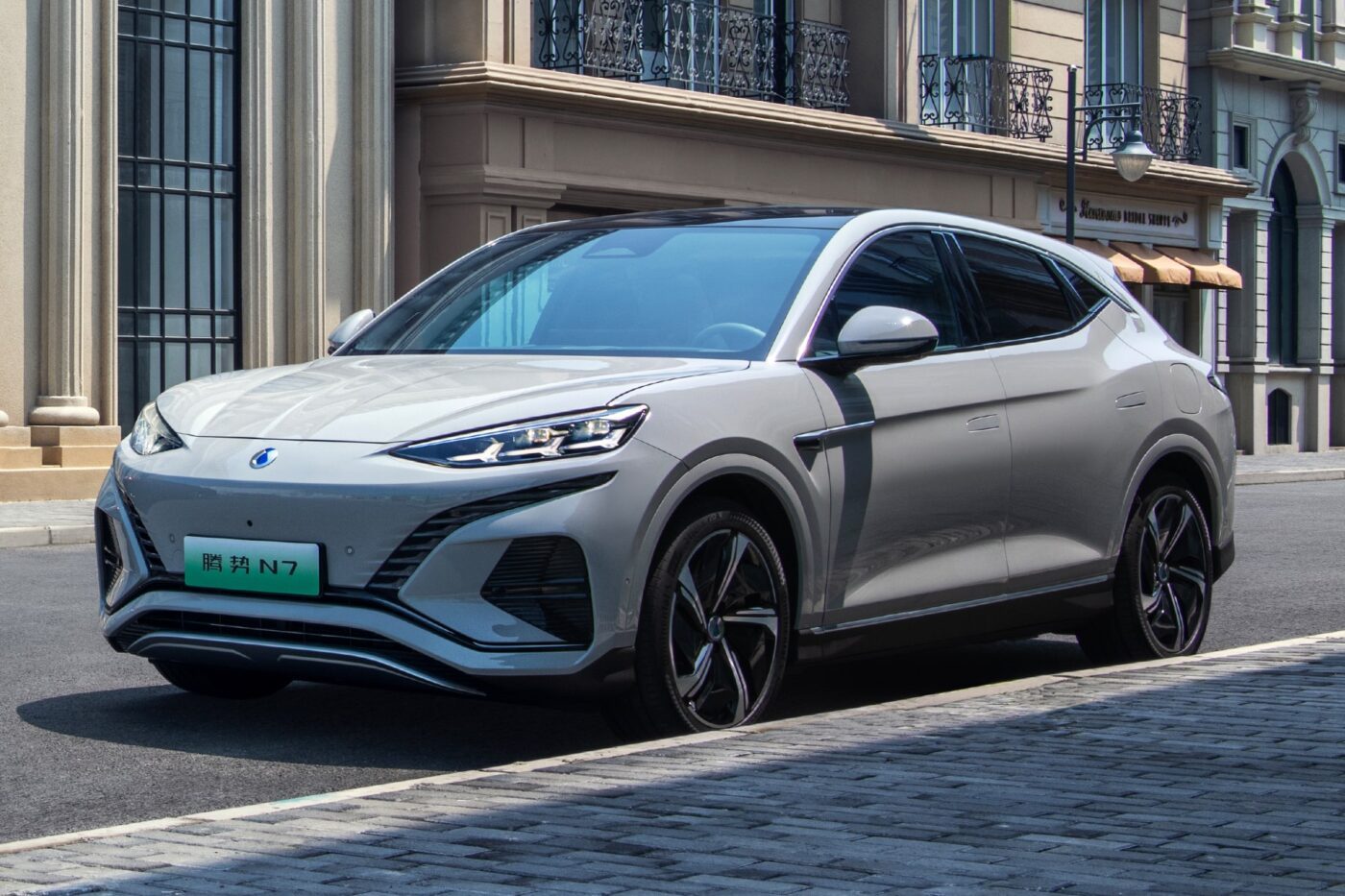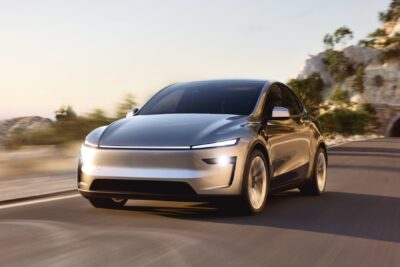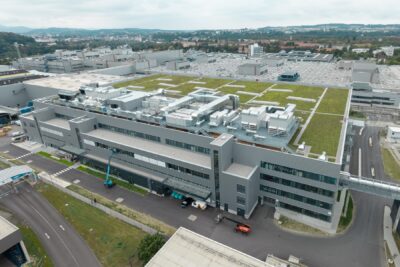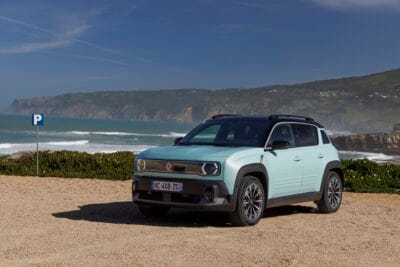China complains about US electric car subsidies
At least that’s what the Chinese Ministry of Commerce has said. The background to this is that, as reported, electric cars with battery components and materials from China do not qualify for the full tax credit in the USA. Although the Inflation Reduction Act was passed in 2022, the rules of origin for battery components and materials were only added later – and China considers itself discriminated against by these rules.
At its core is the so-called ‘FEOC’ definition of the US regulation, or a “Foreign Entity of Concern”. According to the guidelines published at the end of 2023, a company is considered an FEOC if it is “subject to the jurisdiction of China’s government, or is controlled by the government — including if it’s at least 25% owned by a Chinese government authority”. This also applies to Russia, North Korea and Iran.
From 2024, electric cars may no longer contain battery components that were assembled or manufactured by an FEOC if the vehicle is to receive the full US subsidy. The next step will follow from 2025: batteries will no longer be allowed to contain critical minerals that have been mined, processed or recycled by an FEOC.
As electric cars from Chinese manufacturers generally also contain batteries from China, they are no longer eligible for subsidies in the USA and are therefore at an enormous competitive disadvantage. However, electric cars from other manufacturers are also affected. For example, a Ford battery factory that was to be built together with the Chinese battery giant CATL. Ford is now officially building the factory itself, but is using CATL’s technology under licence to avoid problems caused by the Chinese involvement.
In return, the USA’s top trade representative, Katherine Tai, accused China of using its own “unfair” policies and practices to undermine fair competition and dominate global markets, as Bloomberg writes. For decades, foreign companies were required to enter into a joint venture with a Chinese company if they wanted to operate in China. Chinese manufacturers have learnt so much, especially in the automotive industry. In addition, there were further subsidies for Chinese companies and, for example, a whitelist of battery manufacturers that were allowed to supply Chinese electric car manufacturers, which was abolished in 2019 – as only Chinese companies were on this list, foreign battery manufacturers were de facto discriminated against.
The WTO’s dispute settlement procedure is primarily intended to ensure security in international trade, as this platform helps to resolve trade disputes. However, such proceedings can only be initiated by WTO member states, not by companies. Dispute settlement aims to resolve the dispute and not to issue a binding judgment.
Whether such a dispute settlement will end up in favour of China or the USA remains to be seen. Bloomberg quotes Bill Reinsch, senior advisor at the Center for Strategic and International Studies, as saying that he does not believe that this case “is automatically a victory for China”. “Procurement and subsidy rules are complicated, and I can see the US putting up a strong defense,” the expert said. On the other hand, Henry Gao, a law professor at Singapore Management University, is quoted as saying: “Legally speaking, China does have a point in that the IRA does violate WTO rules, a point that the EU also made.” However, the EU is also making preparations for possible tariffs on Chinese electric cars.
bnnbloomberg.ca, reuters.com, mofcon.com.cn (in Chinese)





0 Comments